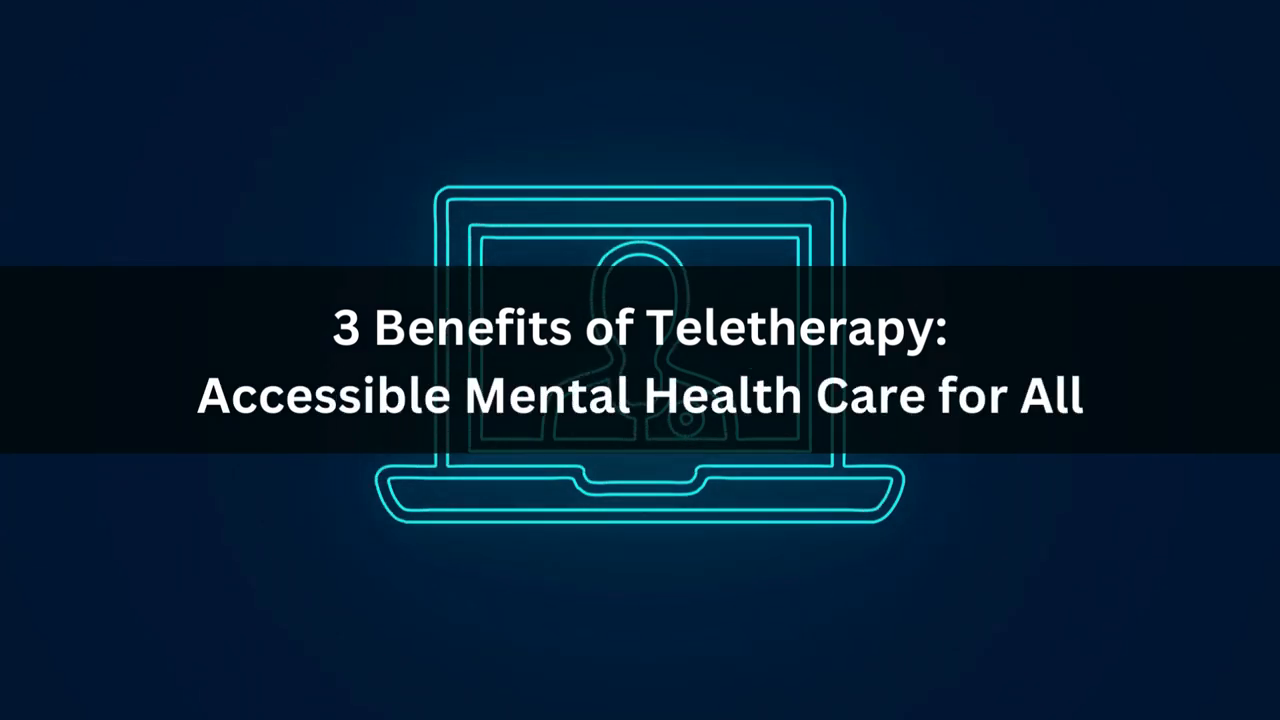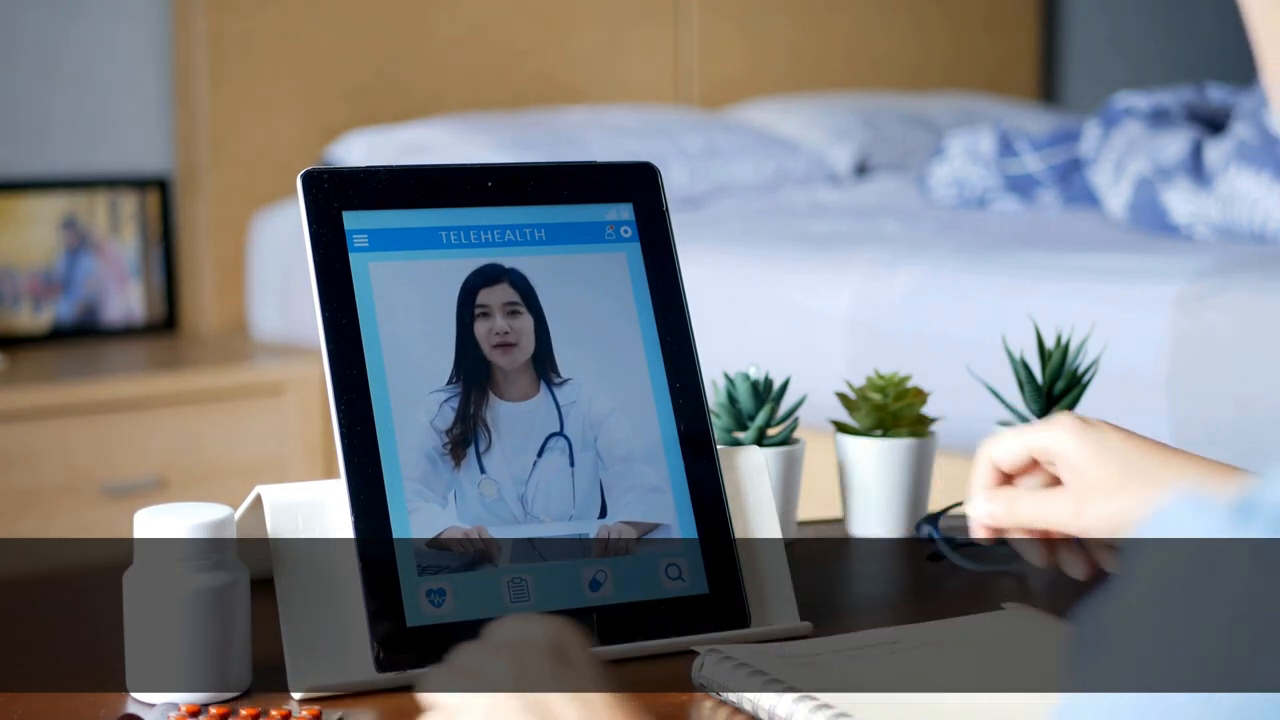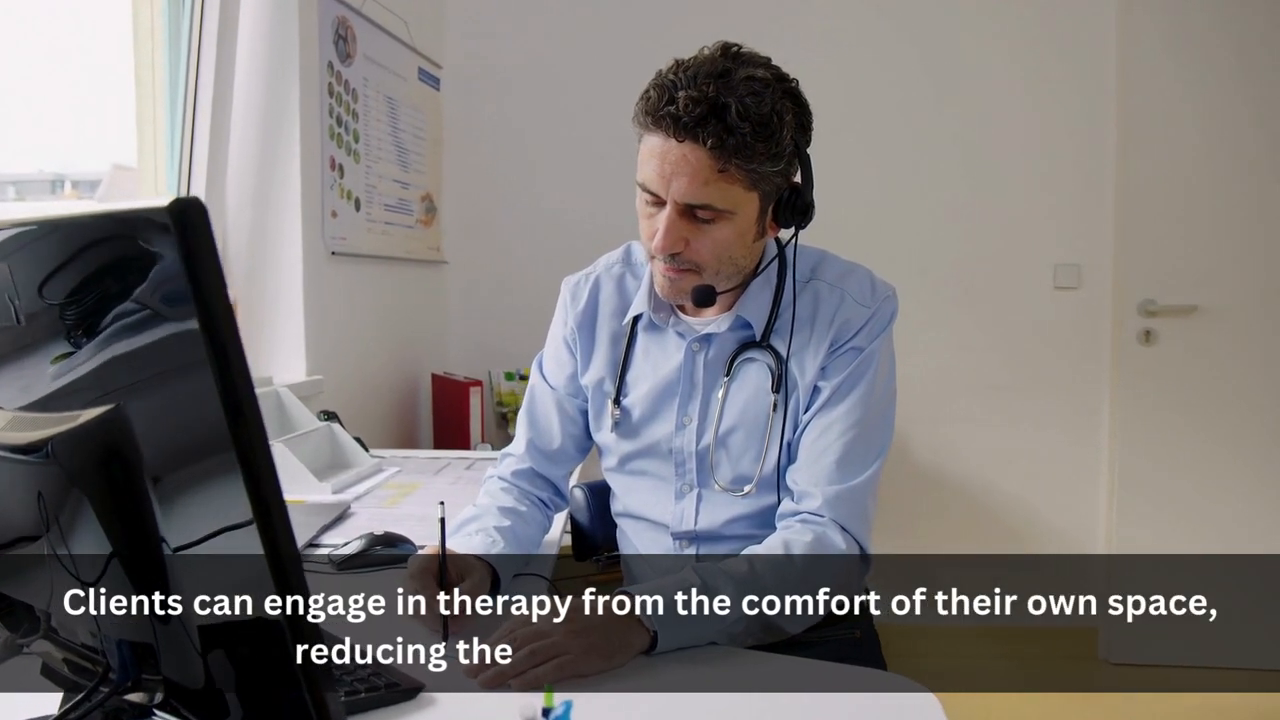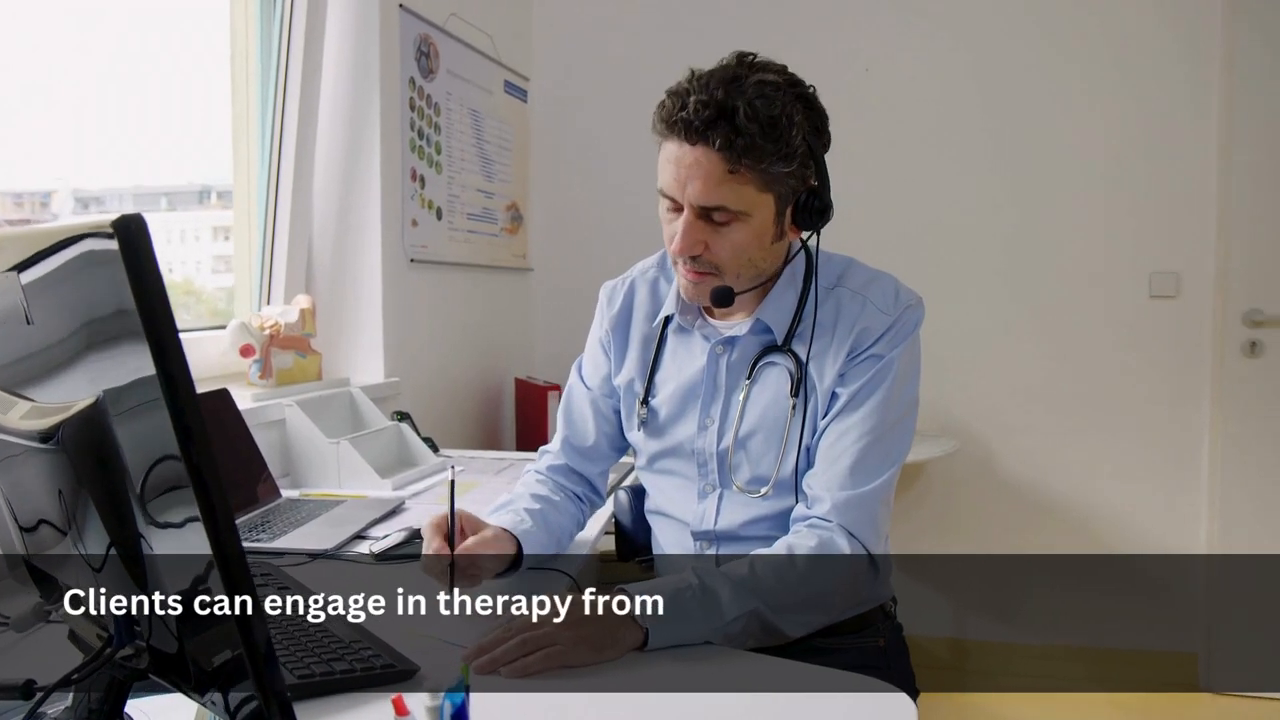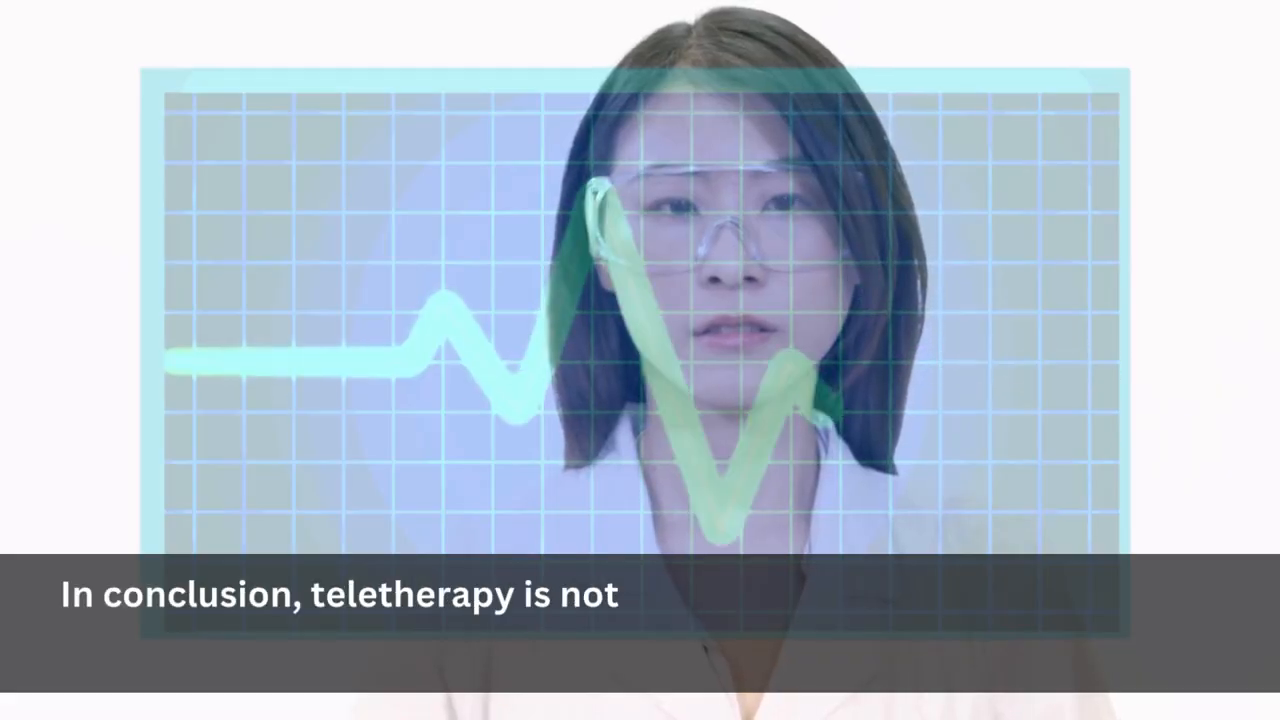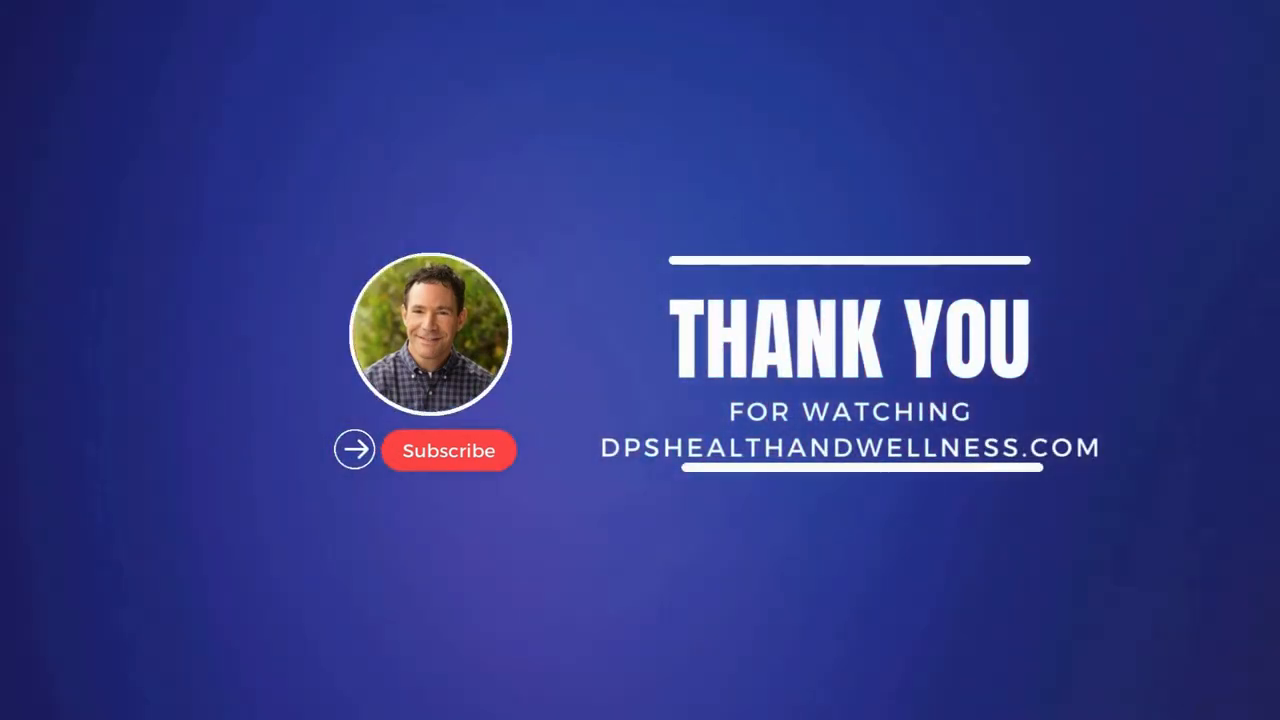This article discusses warning signs of toxic friendships, such as lack of interest in your life, unreliability, self-centered behavior, excessive criticism, insincere apologies, keeping score, holding grudges, and exploiting insecurities. It also mentions the Apology Test and the importance of taking action against toxic friendships. Real friends genuinely care about your well-being, listen with authentic interest, and support your growth. Toxic friendships can drain you emotionally.
Have you ever felt a lingering discomfort after spending time with a friend? That unsettling feeling might be your intuition telling you something important about your friendship.
A real friend is someone who genuinely cares about your well-being, listens with authentic interest, and supports your growth. They’re the ones who celebrate your successes and stand by you during challenging times.
Yet many of us find ourselves in toxic friendships without realizing it. These relationships can drain our energy, diminish our self-worth, and create unnecessary stress in our lives. In such cases, seeking professional help from a licensed counselor might be beneficial.
Warning Signs of Toxic Friendships
Let’s explore these warning signs of toxic friendships:
- Showing no genuine interest in your life
- Being unreliable when you need them most
- Criticizing you excessively
- Making insincere apologies
- Keeping score of past mistakes
- Exploiting your insecurities
Recognizing these signs is the first step toward building healthier relationships. Whether you’re questioning a current friendship or reflecting on past ones, understanding these indicators can help you create boundaries and nurture meaningful connections.
If you’re struggling with the emotional fallout of a toxic friendship, consider reaching out to mental health care facilities in Savannah for support. They can provide the necessary resources to help you navigate through these challenging relationships. For those dealing with specific issues like overcoming procrastination due to ADHD, specialized psychiatric evaluations in Savannah could offer valuable insights and strategies.
1. Lack of Interest in Your Life
A genuine friend shows authentic curiosity about your life, experiences, and well-being. They ask meaningful questions about your day, actively listen to your responses, and engage in deep conversations that go beyond surface-level pleasantries.
Consider these signs of authentic interest in a friendship:
- Your friend remembers important details you’ve shared
- They follow up on previous conversations
- They maintain eye contact and give their full attention when you speak
- They respond with thoughtful questions and relevant comments
- They celebrate your successes and support you through challenges
In contrast, a toxic friend’s behavior might include:
- Looking distracted or checking their phone while you speak
- Quickly changing the subject back to themselves
- Giving generic responses without engaging in the conversation
- Appearing impatient when you share your thoughts
- Showing interest only when they need something from you
This lack of genuine interest creates an emotional disconnect in the friendship. When one person consistently shows disinterest in the other’s life, it leads to feelings of invalidation, loneliness, and emotional exhaustion. A healthy friendship requires mutual engagement, where both parties feel heard, valued, and understood.
However, it’s worth noting that certain factors such as ADHD can impact one’s ability to engage genuinely in friendships. Individuals with ADHD may struggle with maintaining attention during conversations or remembering important details. This should not be mistaken for a lack of interest but rather an aspect of their condition that requires understanding and patience from friends.
In some cases, individuals may also face challenges related to compulsive behaviors, which can further strain relationships. It’s crucial for friends to be supportive and understanding during such times.
Additionally, the rise of telehealth services has made it easier for individuals facing these challenges to seek professional help from the comfort of their homes.
2. Unreliability and Self-Centered Behavior
True friendship thrives on mutual support and balanced interactions. An unreliable friend often displays a pattern of being absent during crucial moments when you need them most. They might:
- Consistently cancel plans at the last minute
- Disappear during your difficult times
- Make promises they don’t keep
- Show up only when they need something
Self-centered behavior in friendships manifests through conversations that revolve solely around their experiences, problems, and needs. These friends might dominate discussions with:
“I had to take the garbage out today. There were so many dishes piled up and they smelled so bad. Jason never called me back. My ferret died.”
While sharing personal struggles is normal, healthy friendships maintain a balanced exchange of support and attention. When you attempt to discuss your challenges, a self-centered friend might:
- Interrupt your stories
- Redirect conversations back to themselves
- Make sudden exits (“Oh, I gotta go”)
- Show minimal engagement in your problems
This imbalance creates a one-sided dynamic where you invest emotional energy without receiving support in return. A healthy friendship requires both parties to:
- Listen actively to each other
- Share speaking time equally
- Demonstrate genuine concern
- Provide emotional support when needed
If you notice these patterns, consider addressing your concerns directly with your friend. Express how their behavior affects you and your needs in the friendship. Their response to this conversation can reveal whether they’re willing to work on creating a more balanced relationship.
However, if the emotional strain becomes overwhelming, it might be beneficial to seek professional help. Therapy can provide valuable insights and coping strategies for dealing with such relationships. For instance, therapy can illuminate the path out of depression caused by these friendship issues or even assist in managing anxiety related to them.
Additionally, if you’re struggling with focus due to ADHD, certain therapeutic techniques could help. There are also options like teletherapy for ADHD that offer convenience and flexibility in seeking help.
In some cases, the use of telepsychiatry can be a suitable alternative for obtaining mental health support from the comfort of your home, making it easier to cope with the emotional fallout of an unreliable or self-centered friend.
3. Excessive Criticism and Insincere Apologies
True friends lift each other up – they don’t tear each other down. A toxic friend often disguises their harsh criticism as “honesty,” but there’s a clear difference between constructive feedback and harmful criticism.
Signs of Toxic Criticism:
- Constant negative comments about your choices
- Shaming instead of supporting
- Public humiliation disguised as jokes
- Using your insecurities against you
- Criticism without solutions or support
A healthy friendship creates space for honest feedback delivered with kindness and genuine care. Your friend should be your biggest cheerleader, not your harshest critic.
The Apology Test
When confronted about their behavior, toxic friends often respond with non-apologies:
“I’m sorry you feel that way”
“I’m sorry, but you made me do it”
“I’m sorry you’re so sensitive”
These statements shift blame and avoid accountability. A genuine friend acknowledges their mistakes and works to repair the relationship through:
- Taking responsibility for their actions
- Listening to how their behavior affected you
- Making concrete changes to prevent future harm
- Offering sincere, unconditional apologies
The impact of constant criticism and fake apologies can deeply wound your self-esteem and create lasting emotional damage. Setting clear boundaries with critical friends becomes essential for protecting your mental well-being. Remember: you deserve friends who celebrate your successes and support you through challenges.
In such situations, practicing mindfulness can help manage stress and improve emotional resilience. If you’re struggling with the emotional fallout from a toxic friendship, it might be beneficial to explore treatment options for major depressive disorder. Additionally, setting boundaries is crucial for maintaining your mental health; this can sometimes involve seeking professional guidance on ADHD management or boosting productivity in order to focus on self-improvement rather than negative external influences.
4. Keeping Score, Holding Grudges, and Exploiting Insecurities
A toxic friend often keeps track of past mistakes and disappointments in their mind. They use these memories as weapons during arguments, avoiding taking responsibility for their own actions. This creates a cycle where:
- Old conflicts are brought up during new disagreements
- Past mistakes are used to distract from present issues
- An atmosphere of constant tension is created
The Impact of Grudge-Holding
When friends hold grudges, the relationship becomes a place filled with unresolved bitterness. A healthy friendship thrives on open communication and forgiveness, not a continuous record of wrongs.
Signs of Emotional Manipulation
Toxic friends might:
- Play on your insecurities to boost their self-esteem
- Make snide remarks that leave you feeling discouraged
- Create situations where you feel on edge or anxious
- Leave you feeling humiliated after interactions
Such experiences can lead to significant mood swings which further complicate the situation.
Setting Healthy Boundaries
Recognizing these patterns allows you to establish protective boundaries:
- Address concerns through calm, constructive discussions
- Express how their behavior affects your emotional well-being
- Set clear limits on acceptable behavior
- Document patterns of manipulation for self-validation
If the situation escalates or if you find it hard to cope with the emotional toll, seeking professional help through telemedicine platforms for psychiatrists can provide necessary support.
Pay attention to how you feel after spending time with your friend. If you consistently experience feelings of discouragement, insecurity, or unhappiness, these emotions might signal a toxic dynamic that needs addressing through direct communication or reevaluation of the friendship.
Taking Action Against Toxic Friendships: Seek Help if Needed!
Recognizing toxic friendship patterns is the first step toward positive change. Whether you identify these behaviors in yourself or your friends, remember: change is possible.
Here’s what you can do right now:
- Self-reflection: Take time to evaluate your friendships and how they make you feel after each interaction.
- Open communication: Address concerns directly with friends through healthy, constructive discussions.
- Set clear boundaries: Establish what behaviors you will and won’t accept in your relationships.
- Seek professional guidance: Reach out to DPS Health and Wellness for teletherapy support.
Teletherapy offers a safe, confidential space to:
- Process complex friendship dynamics
- Learn effective communication strategies
- Develop healthy relationship skills
- Build self-confidence and assertiveness
Don’t let toxic friendships impact your mental well-being. The DPS Health and Wellness team is here to help you navigate these challenging relationships and create meaningful connections that truly enrich your life.
In addition to addressing toxic friendships, teletherapy can also be beneficial for those dealing with other personal issues such as sexual anorexia, adult ADHD, or anxiety.
Virtual mental health patient portals can provide access to these resources, allowing for a more flexible approach to therapy.
Your emotional well-being matters – take the first step today by reaching out for support.


